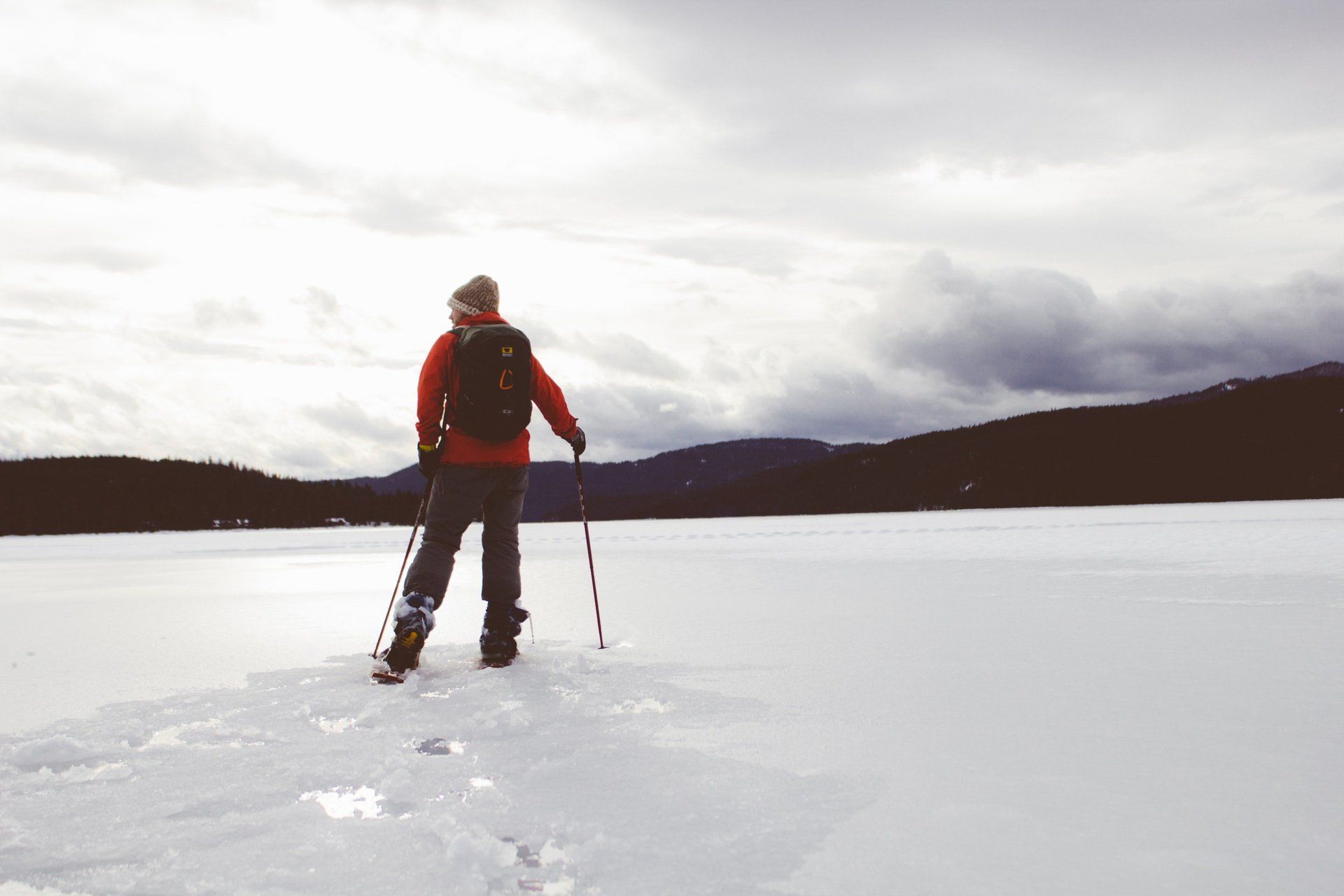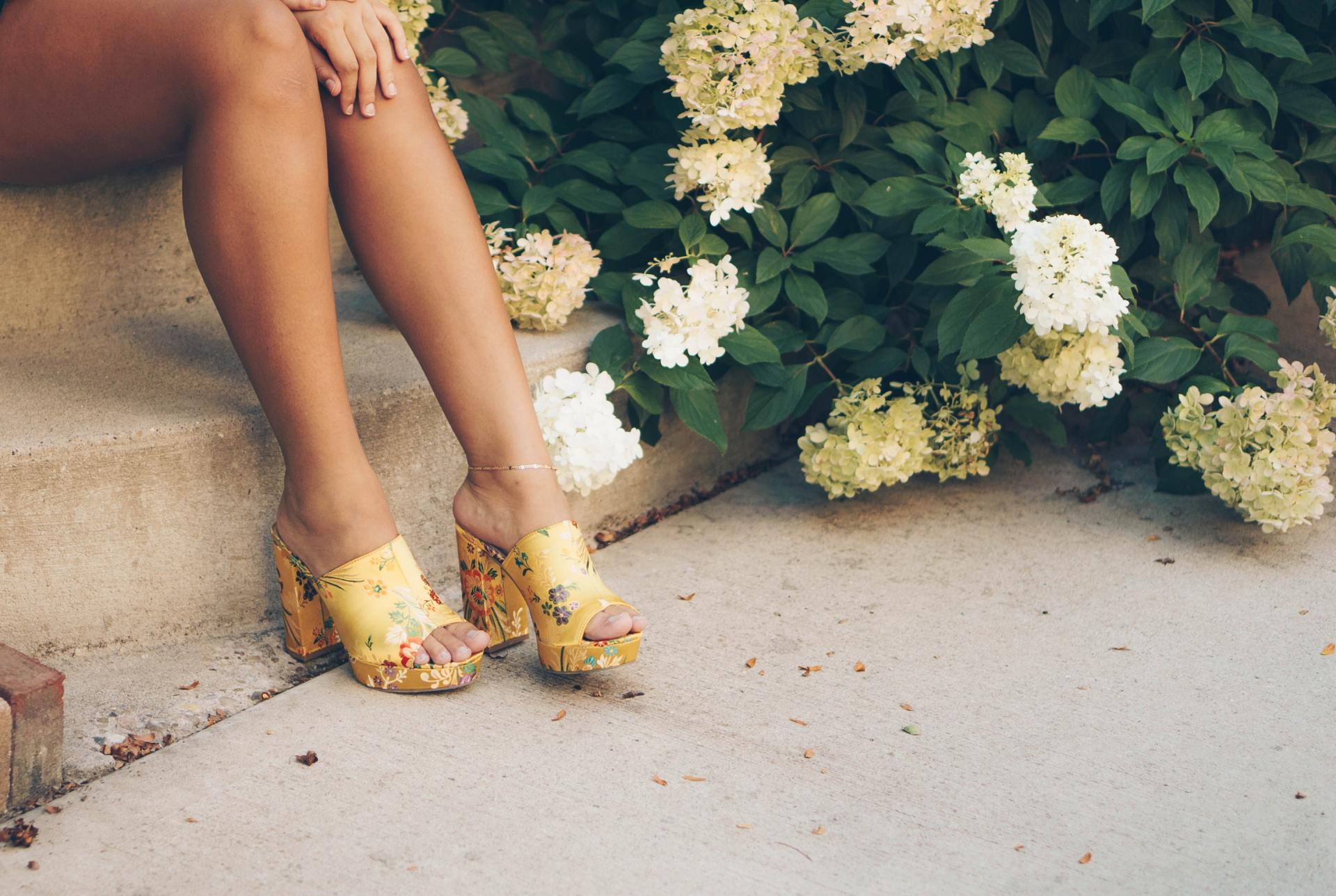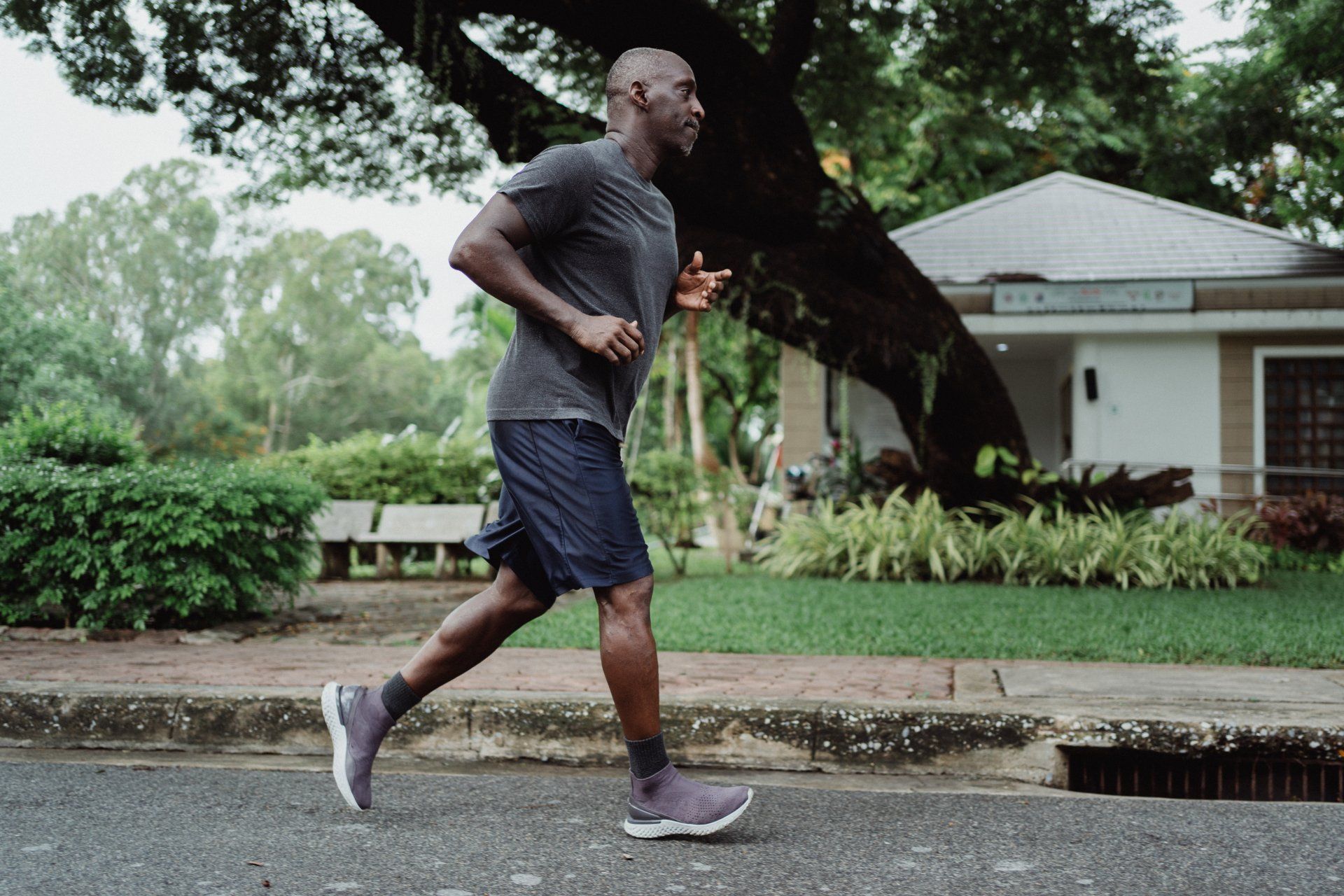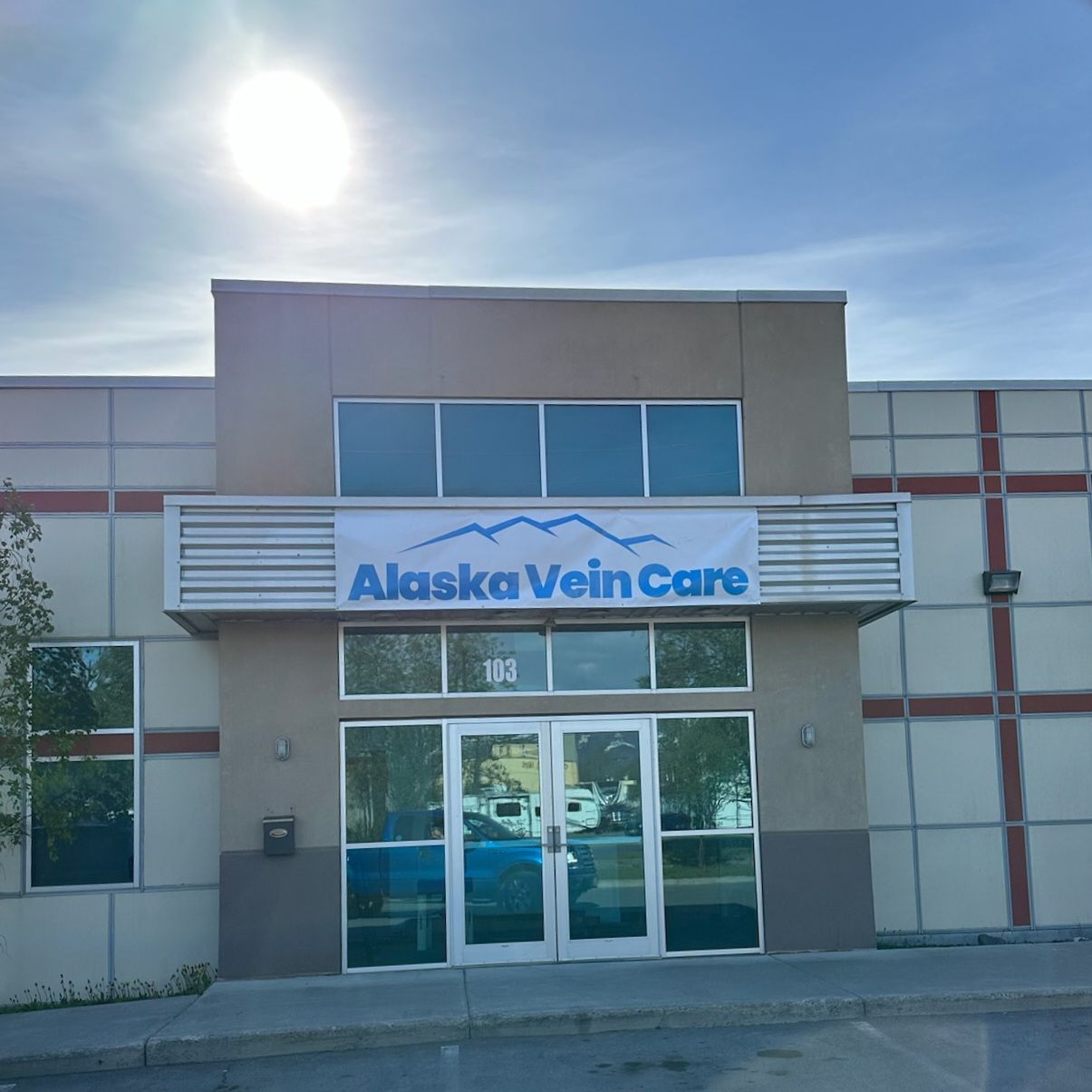Blog Layout
Interventional Radiology Vein Specialists in Alaska
Admin • May 22, 2019
Vein Specialists in Alaska serving Anchorage, Wasilla, Juneau, Kenai, and Homer
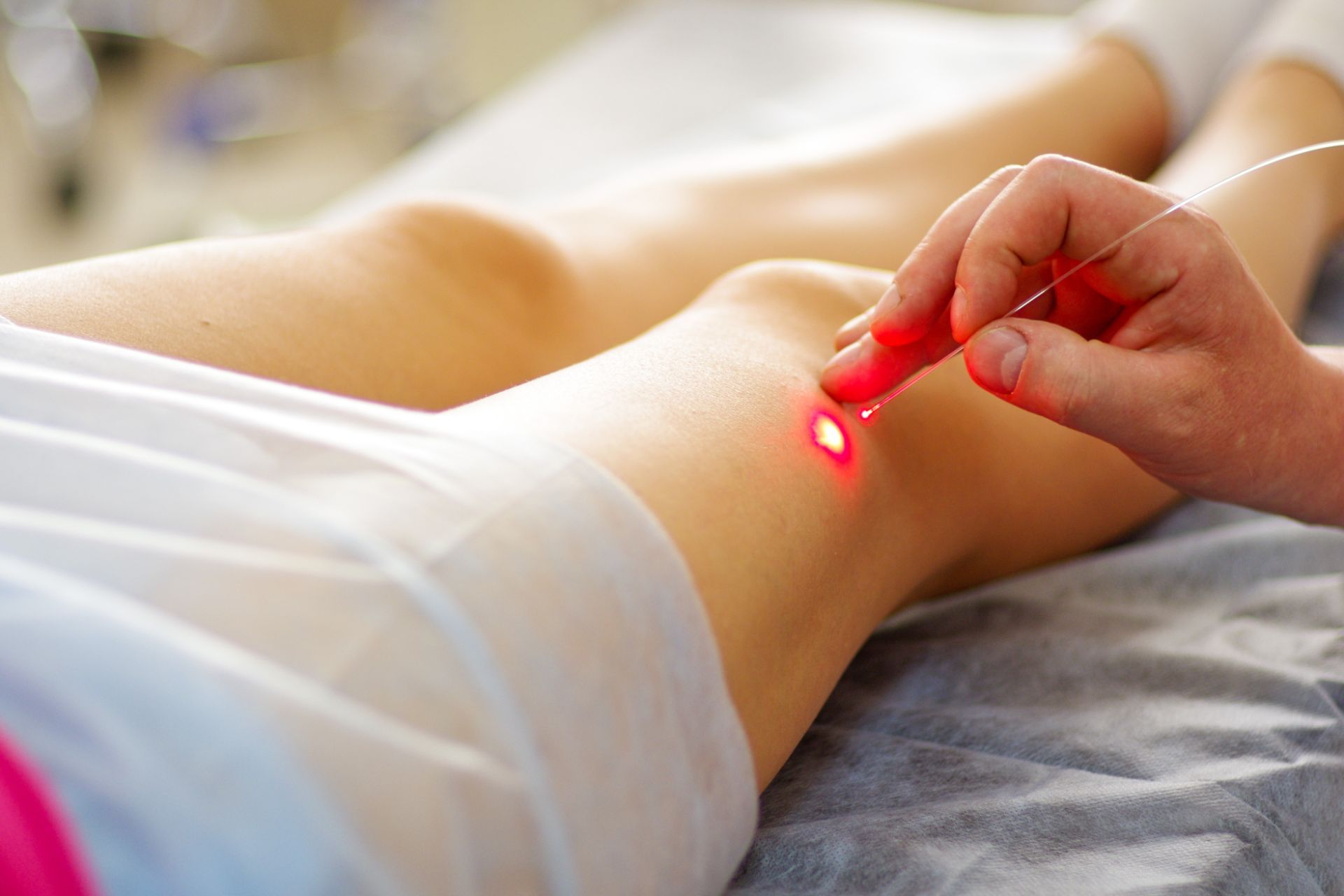
Alaska Vein Care is servicing Anchorage, Juneau, Wasilla, Kenai, Soldotna, and Homer. Thanks to the minimally invasive vein treatment options available to Alaska Vein Care, you can eliminate varicose vein concerns with comfort, convenience, and minimal recovery time.
What are Varicose Veins?
Varicose veins are a very common condition in the United States and affect approximately 15 percent of men and approximately 25 percent of women. Varicose veins are the blue or purplish enlarged veins you typically see bulging out of one’s leg. The word “varicose” is derived from the Latin root word “varix,” which is translated in English as “twisted.” Any vein in your body may become varicose, however, its important to note that this condition or varicose veins exists most often in the legs and feet. Varicose veins occur in the legs and lower extremities because standing and walking increases the pressure in the veins in the lower half of your body.
Is it only a cosmetic concern?
For many men and women, varicose veins and spider veins (these are the smaller and more common variation of varicose veins) makes them feel less attractive. However, it’s important to note that for others, varicose veins cause aching pain and discomfort. This condition may lead to serious problems if not treated. Moreover, varicose veins may also serve as an indication that the individual is at a higher risk of other disorders of the circulatory system. As with many other health related issues, self-help measures work well for prevention; compression stockings and changing certain aspects in one’s lifestyle.
Pregnancy and Varicose Veins Pregnant women sometimes complain of developing varicose veins. This is true. Pregnancy increases the volume of blood in a woman’s body, however, it decreases the flow of blood from the legs to the pelvis. This change in circulation is designed to support the growing baby, but it can produce an unfortunate side effects such as enlarged veins in the legs. Varicose veins may appear for the first time during pregnancy. It has been observed that the varicose veins may worsen during late pregnancy because the uterus exerts greater pressure on the veins in your legs.
Hemorrhoids and Varicose Veins?
Some are very surprised to learn that hemorrhoids are actually varicose veins located in and around the anus. Moreover, this condition is very common in the United States. By age 50, about half of adults have had to deal with the itching, bleeding and pain that often signal the presence of hemorrhoids.
Hemorrhoids, also known as “piles”, are swollen veins in your anus and rectum. The causes include straining during a bowel movement or the increased pressure during pregnancy.
Effective medications and procedures are readily available to treat hemorrhoids. Fortunately, in many cases hemorrhoids may require only lifestyle changes.
A number of people do not experience any discomfort with varicose veins, however, certain people do. For those that do experience discomfort, below are some of the symptoms
Symptoms:
• Achiness or heavy feeling in one’s legs; burning, throbbing, muscle cramping and swelling in the lower legs.
• Itching around one or more of your veins in the legs.
• Skin ulcers near your ankle, which represent a severe form of vascular disease and require immediate attention.
• If you have varicose veins
Risk Factors that Increase your Chances of Developing Varicose Veins
• Standing for long periods of time. Blood doesn’t flow as well if you’re in the same position for long periods of time because your muscles are not contracting to push the blood back to the heart.
• Obesity. Extra weight puts more pressure on your veins.
• Age. The normal processing of aging causes wear and tear on the valves in your veins which regulate blood flow. The wear and tear may causes the valves to malfunction.
• Sex. Women have a higher chance than men are to develop varicose veins and spider veins. This is attributed to hormonal changes during pregnancy, and also premenstruation or menopause may be a factor. Some researchers have found that female hormones may relax vein walls. Moreover, the use of hormone replacement therapy or birth control pills may increase the risk of varicose veins.
• Genetics. Check to see whether your family members have varicose veins, heredity plays a big role.
To learn more about Varicose and Spider Vein Care click on the following link https://www.alaskaveincare.com/services
To learn more about our Varicose Vein Specialists, click on the following Link https://www.alaskaveincare.com/#Providers
Call us at (907) 334-3347 to schedule a free 10-minute complementary consultation
Articles
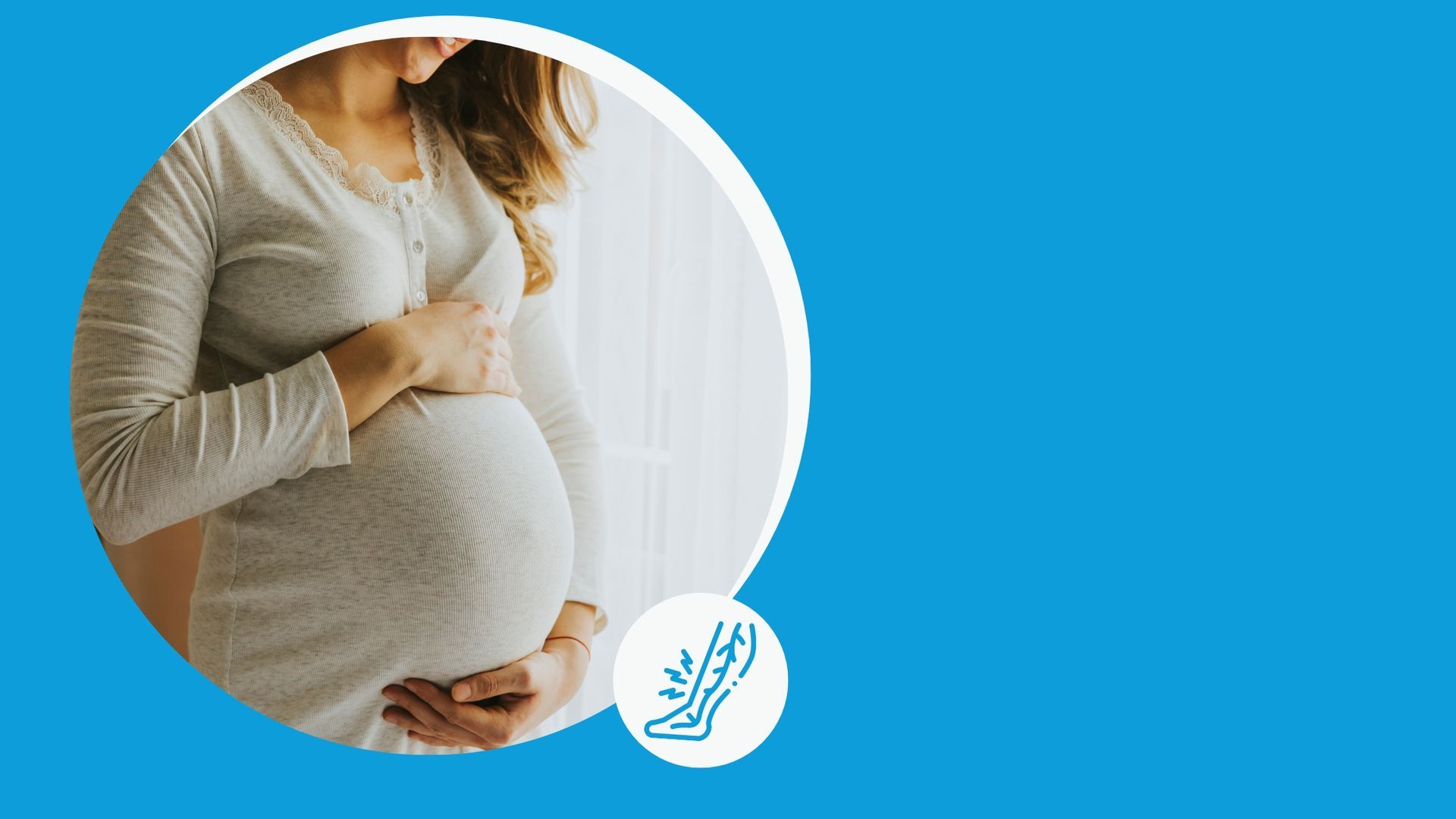
August 5, 2024
As healthcare providers, we often encounter patients who are concerned about varicose veins during and after pregnancy. They can cause discomfort and aesthetic concerns. One common question we hear is whether it’s better to treat varicose veins immediately or wait until after completing childbearing. We usually recommend treating varicose veins as soon as it is possible to do so. We'll share some of the reasons why this is beneficial.
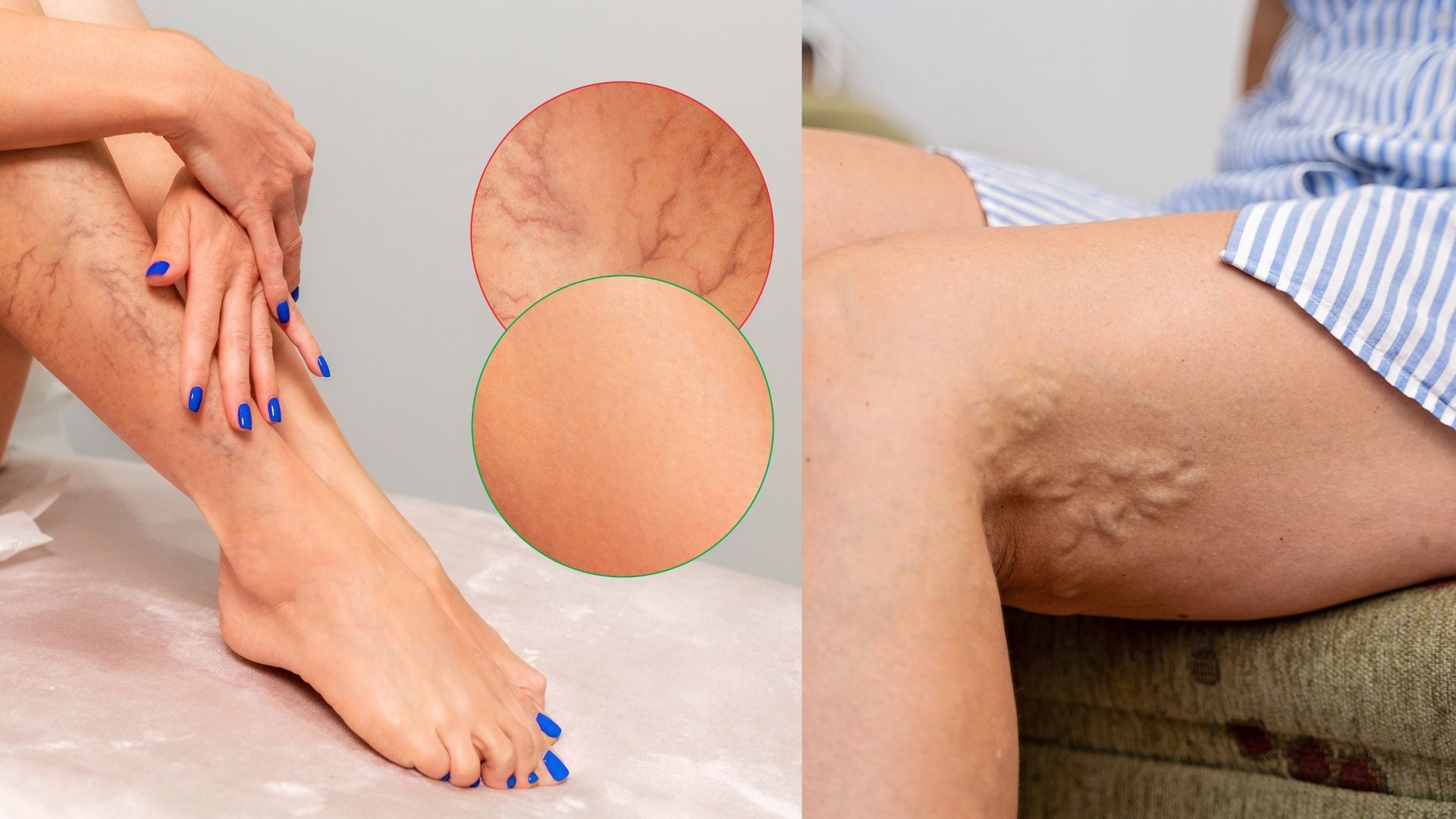
May 22, 2024
Varicose veins, those twisted and enlarged veins that often look ropey and blue or purple beneath the skin, are more than just a cosmetic concern. While they may initially seem like no problem, their implications can extend far beyond aesthetics. In this article, we'll take a look into the importance of early detection and treatment of varicose veins, and how addressing this condition before it progresses allows for better overall outcomes.

By websitebuilder
•
October 5, 2023
In today's digital age, many of us spend the majority of our days sitting at a desk, often in front of a computer and then go home to spend more time on our phones. While this technological revolution has brought about numerous advantages, it has also given rise to various health concerns. One of these concerns is the increased risk of developing varicose veins. Varicose veins are not only a cosmetic concern but can also lead to discomfort and, if left untreated, potentially more serious health issues. If you're a person that spends most of your day at a desk, it's essential to take proactive steps to care for your veins and reduce the risk of varicose veins. Here are some valuable tips to keep your veins healthy despite working in the seated position:
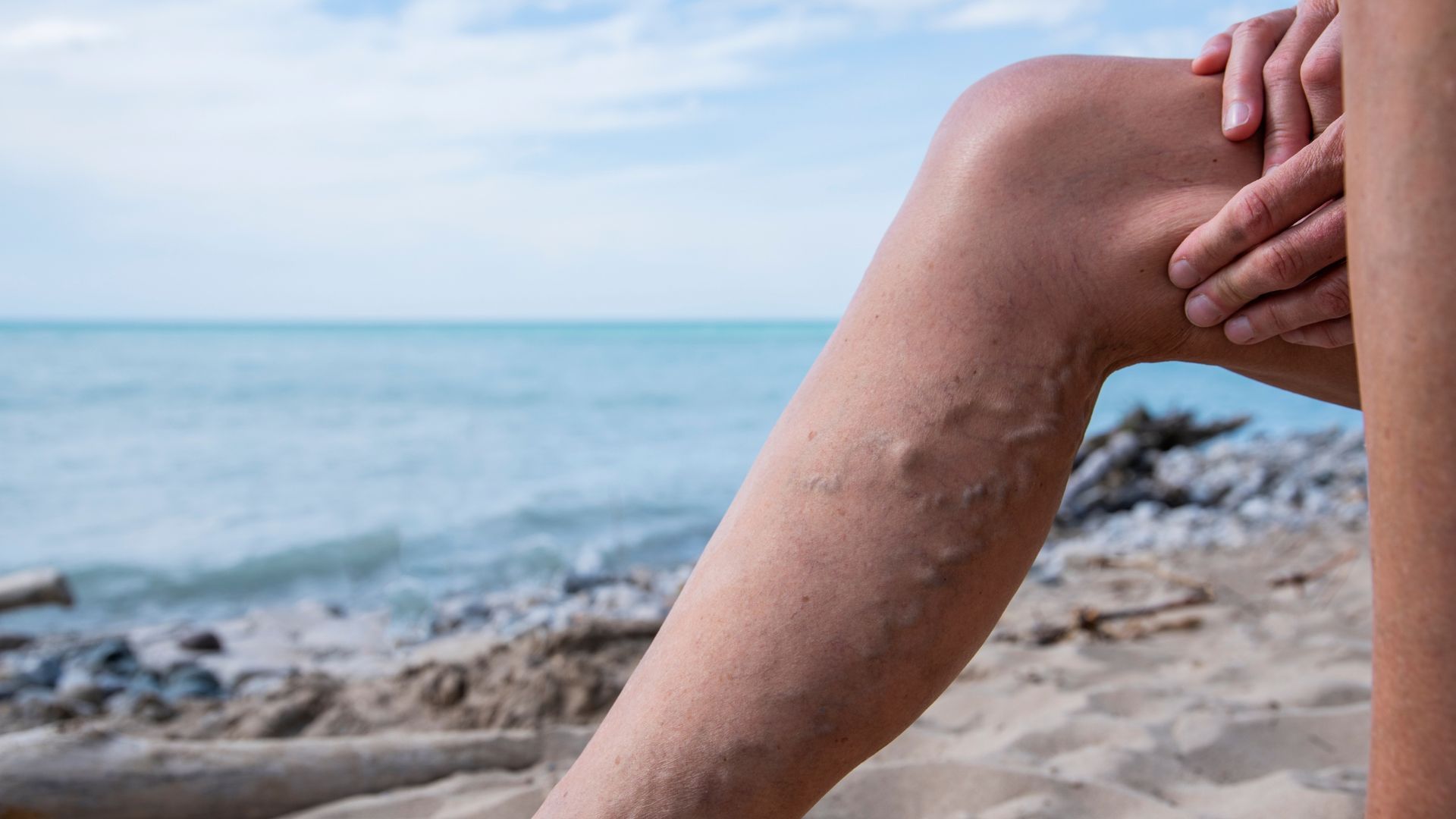
By websitebuilder
•
June 7, 2023
Varicose veins are a common condition that affects many individuals, causing twisted and enlarged veins, often appearing in the legs. While they are relatively common, varicose veins are surrounded by several myths and misconceptions. In this article, we will debunk some of the most prevalent myths and provide evidence-based information to help separate fact from fiction.

